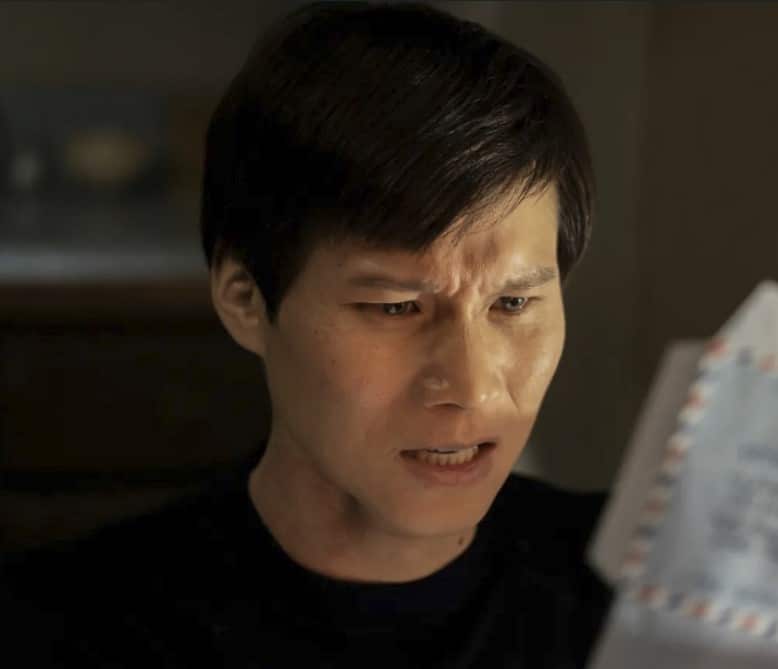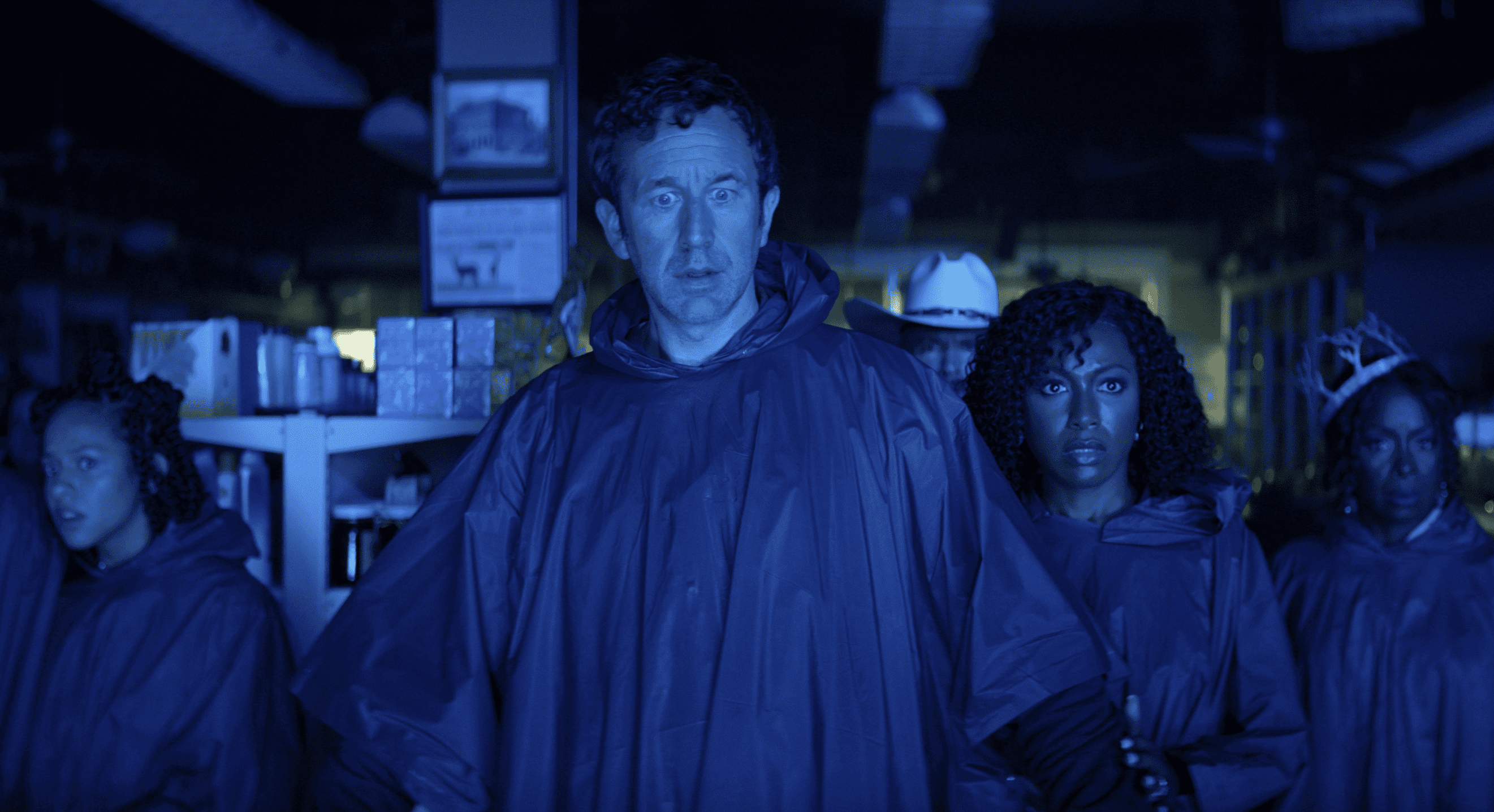Watercooler Pick
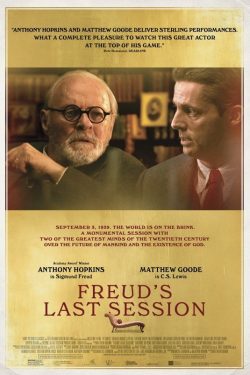
Freud’s Last Session
- Movie
- Where to Find It: Theaters
- Rating: PG-13
- Release Date: December 22nd, 2023
- Runtime: 1 hour 49 minutes
Recommended by:
Share on social media
Find More Watercooler Picks
As the world plunges into World War II, intellectual superpowers Sigmund Freud and C.S. Lewis clash in an epic war of words to debate the existence of a Higher Power and the reason for human suffering.
Two-time Academy Award winner Anthony Hopkins (Silence of the Lambs, The Father) channels Sigmund Freud as he reflects on his brilliant legacy and imminent death. Accomplished English actor Matthew Goode (Watchmen, Imitation Game) plays C.S. Lewis, a worthy debater whose beliefs and persuasion techniques could not be more different from Freud’s. Oscar-nominated director Matthew Brown (The Tonto Woman, The Man Who Knew Infinity)) directs and moderates.
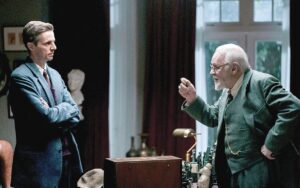 It’s arguably the greatest what-if in the long-standing debate between atheism and Christianity. Two intellectual titans from both ends of the spectrum collide to engage in the lost art of civil discourse about the existence of God and the meaning of life.
It’s arguably the greatest what-if in the long-standing debate between atheism and Christianity. Two intellectual titans from both ends of the spectrum collide to engage in the lost art of civil discourse about the existence of God and the meaning of life.
In Freud’s Last Session, the fictional meeting of minds between renowned psychologist/atheist Sigmund Freud (Anthony Hopkins) and atheist-turned-Christian author C.S. Lewis (Matthew Goode) takes place at the psychoanalyst’s humble London home and not on a grand debate stage. The setting for the showdown might be unexpected, but it doesn’t mean that the film lacks drama or intrigue; their battle of wits is elevated by compelling dialogue, profound anecdotes, flashbacks, and dream sequences.
Based on an off-Broadway play of the same title, the hypothetical two-hander harkens back to a bygone era when human beings could respectfully and productively disagree on tough topics. In today’s increasingly vitriolic and hypersensitive society, Freud’s Last Session is a masterclass in how to engage in respectful and constructive dialogue with people you disagree with.
Anthony Hopkins is magnificent as Sigmund Freud. He slips into the role seamlessly and delivers a layered and riveting portrait of a man whose mental faculties remain as sharp and defiant as ever despite suffering from oral cancer. Adding dramatic flair and color to his portrayal of one of the greatest minds of modern times, he makes the character relatable, illustrating how Freud could be flawed despite his brilliance, with an occasional tendency to contradict his own beliefs. Matthew Goode as C. S. Lewis is equally good (pun intended). He matches Hopkins at every turn but in an understated way, and captures Lewis as an idealistic and compassionate literary scholar — the perfect foil to Hopkin’s ferociously brilliant Freud.
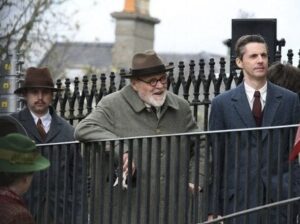 Set on September 3, 1939, at the dawn of World War II, Director Matthew Brown faces the herculean task of making a film that’s largely focused on words and intellectual exercise visually stimulating for the audience. He does so by incorporating a surfeit of flashbacks and deeper dives into the lives of both Freud and Lewis. Though there are moments when the cutaway scenes take the momentum away from the story, in its entirety, the method works when it manages to escape the constrictions of the stage to make the whole experience more cinematic.
Set on September 3, 1939, at the dawn of World War II, Director Matthew Brown faces the herculean task of making a film that’s largely focused on words and intellectual exercise visually stimulating for the audience. He does so by incorporating a surfeit of flashbacks and deeper dives into the lives of both Freud and Lewis. Though there are moments when the cutaway scenes take the momentum away from the story, in its entirety, the method works when it manages to escape the constrictions of the stage to make the whole experience more cinematic.
What I especially like about the film is that it doesn’t insult the audience’s intelligence. Freud’s Last Session deals with complex topics without attempting to simplify things. It doesn’t add anything too incendiary either. It is at its core a civilized argument between two brilliant yet polar opposite minds.
In an industry that’s clamoring for superhero showdowns, it’s refreshing to see a film that advocates for resolving conflict through reasoned discussion rather than violent altercations. And in a society obsessed with culture wars, Freud’s Last Session might just be our much-needed therapy.
A heady and intellectually stimulating film that demonstrated how reasoned discussion can resolve conflict. Freud’s Last Session may be a work of fiction, but its words are powerful and the film wields them in a way that inspires, motivates, and respectfully challenges our beliefs and sense of reality.
Friends and family who like dialogue-heavy, thought-provoking films — as well as open-minded people who are interested in exploring the meaning of life, the existence of God, and the key differences and similarities between atheism and Christianity.
Anthony Hopkins has now played both brilliant men (Freud and Lewis) throughout his long illustrious career. He notably portrayed C.S Lewis in the 1993 critically acclaimed biographical drama Shadowlands.
It is also Hopkin’s second time starring in a film that depicts a fictional meeting between two iconic figures. The first one was in The Two Popes (2019) wherein he starred as Pope Benedict XVI in an imaginary tête-à-tête with Pope Francis, played by Jonathan Pryce.
- Moods: enlighten me, inspire me, stretch my mind
- Interests: conversation worthy, psychological drama

Churchill P. Guevarra



